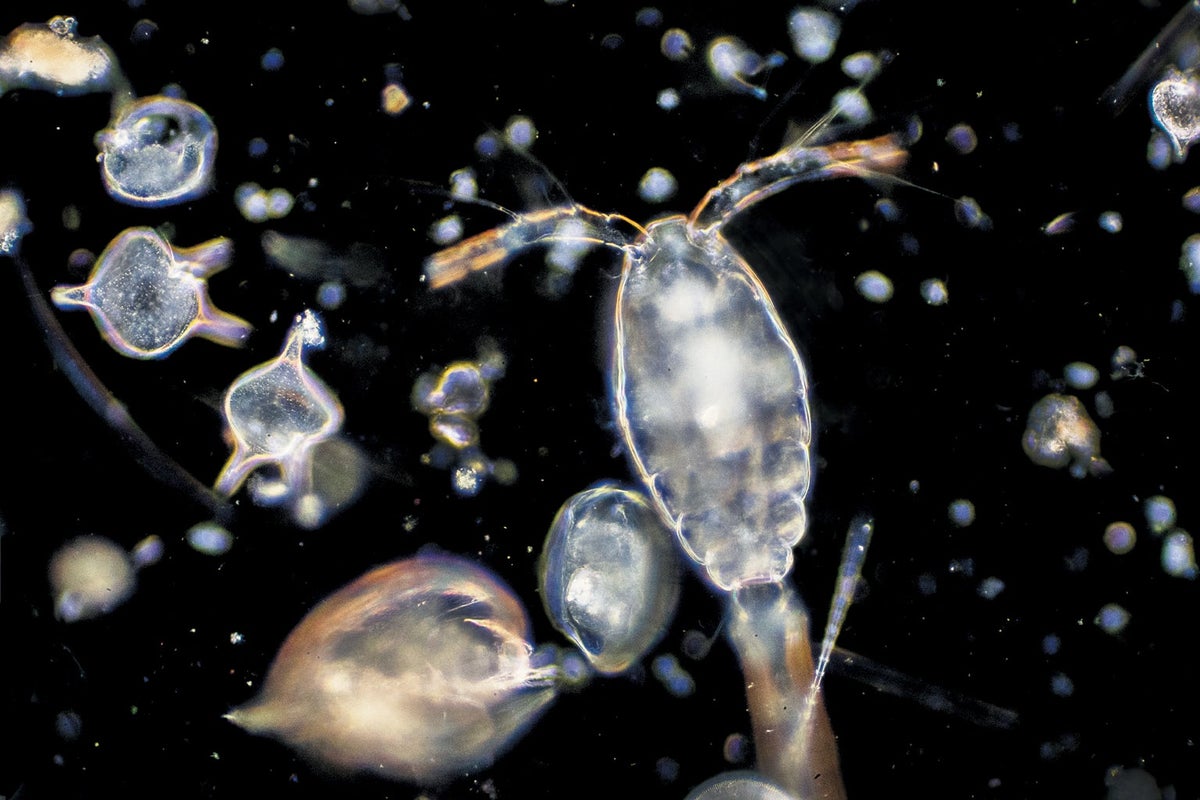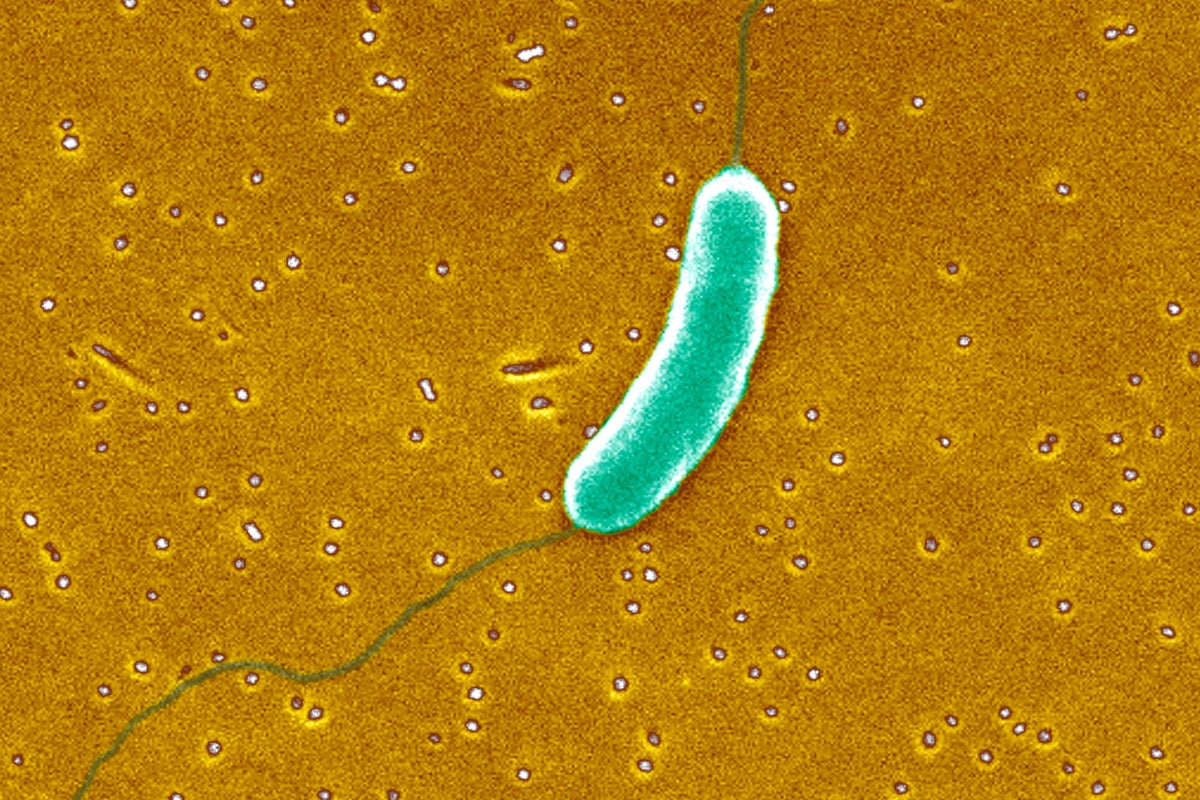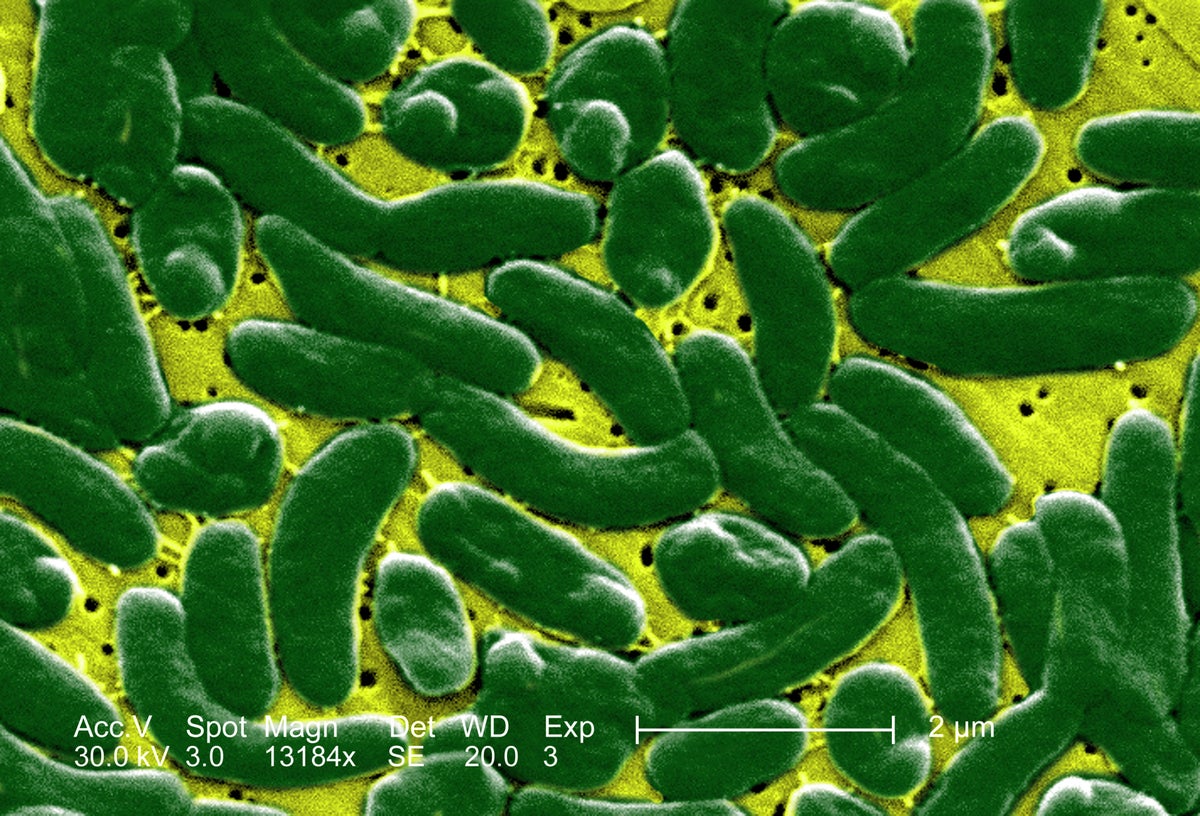Human Hosts Help Cholera Bacterium Become More Infectious | Scientific American
The cholera bacterium, Vibrio cholerae, flourishes in countries suffering from poor sanitation and urban crowding. Now a new study suggests that the presence of human beings can make the disease more communicable. Findings published today in the journal Nature indicate that passage through the human digestive system produces a version of the bacteria up to 700 times more infectious than the same bacteria originating in water or soil.| Scientific American





